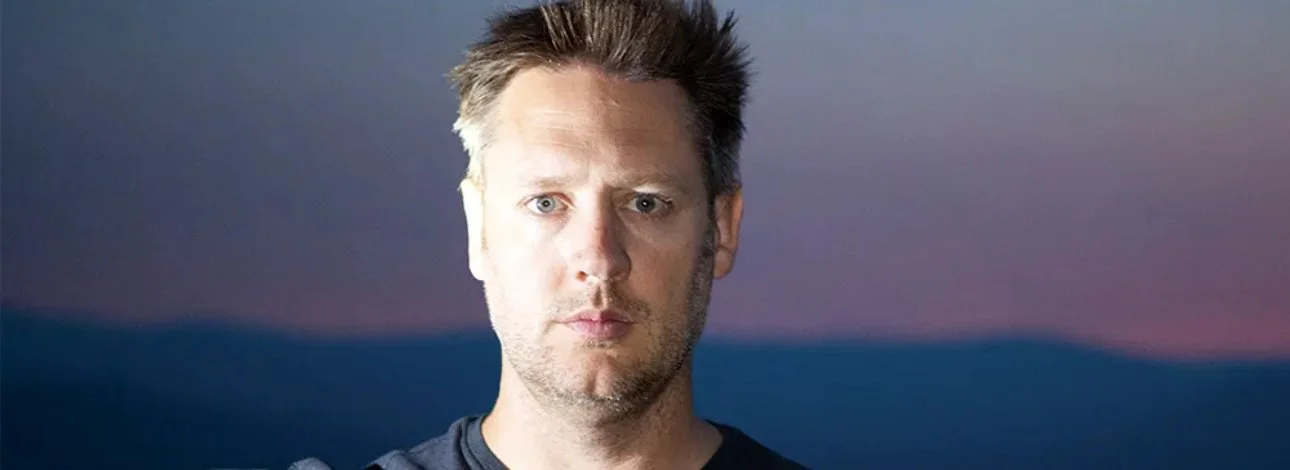A Deadline piece, titled “Inclusion In Movie Casting Has Seen Little Progress Since 2007” reads exactly as one might expect. The gist of it is that there’s been no inclusive progress in Hollywood, even though there clearly has been.
Citing a new study by USC’s Annenberg Inclusion Initiative, Deadline writer Patrick Hipes reports that there’s been “little improvement in casting among marginalized groups in Hollywood’s most popular films.”
The study found that only 15% of 2022’s top 100 films featured a cast that was gender-balanced, or featured girls and women in 45-54.9% of speaking roles […]
There were no films that included an American Indian/Alaska Native girl/woman, 99 were missing Native Hawaiian/Pacific Islander girls/women, and 95 did not have even one Middle Eastern/North African female-identified character. Seventy films were missing Multiracial/Multiethnic girls/women, 61 did not feature any Hispanic/Latinas, 44 did not have any Asian girls/women, and 32 were missing Black/African American girls/women. In contrast, 7 movies did not include any white girls/women on screen.
A survey of directors found only single-digit percentages of Black, Latino and Asian helmers across the 1,600 films studied. Among casting directors, only 12.2% were from underrepresented groups.
I understand what the goal is here, however what if you found the absolute perfect team of actors for your main cast, but they’re all white? Are we supposed to start infringing on the creative process to force a filmmaker to cast an actor or actress that doesn’t really gel with the story, just as long as they have the right skin color?
The Deadline article seems to have also irked Paul Schrader who went on his Facebook to vent about the flawed thinking behind such inclusivity studies:
The thinking behind this article bugs me. Is melting pot casting de facto better? I think not. Give me movies full of only blacks, full of whites, full of gays, full of Asians and every combo — but don't compromise story in the name of token equality.
Non-forced diversity can be a beautiful thing, but when it’s heavy-handed and obvious then it just doesn’t work. And, know what? It can sometimes feels forced because it is forced. The problem is that it’s all done purposely.
I appreciate the industry’s attempt to be inclusive, but it’s become strenuous. I just want to best cast actors to appear onscreen. There's no harm in having a diverse cast of actors, but there is certainly harm in forcing it upon filmmakers and making it a requirement and limiting their artistic decisions.
Part of me believes that a studio’s hands might be tied up — if they don't commit to forced-upon inclusivity then backlash might ensue, which is what producers fear the most with their movies.
As for non-white filmmakers, another “issue” that the USC study pinpoints, I don’t think I’ve ever seen this many talented non-white filmmakers working in the industry, there’s been major progress and the list is endless: Jordan Peele, Spike Lee, Barry Jenkins, Steve McQueen, Ryan Coogler, Dee Rees, Boots Riley, Ava DuVernay, Antoine Fuqua, Gina Prince-Bythewood, Lee Daniels, Shaka King, Questlove and George C. Wolfe, just to name a few.






